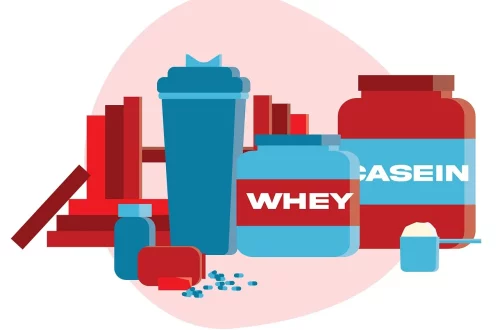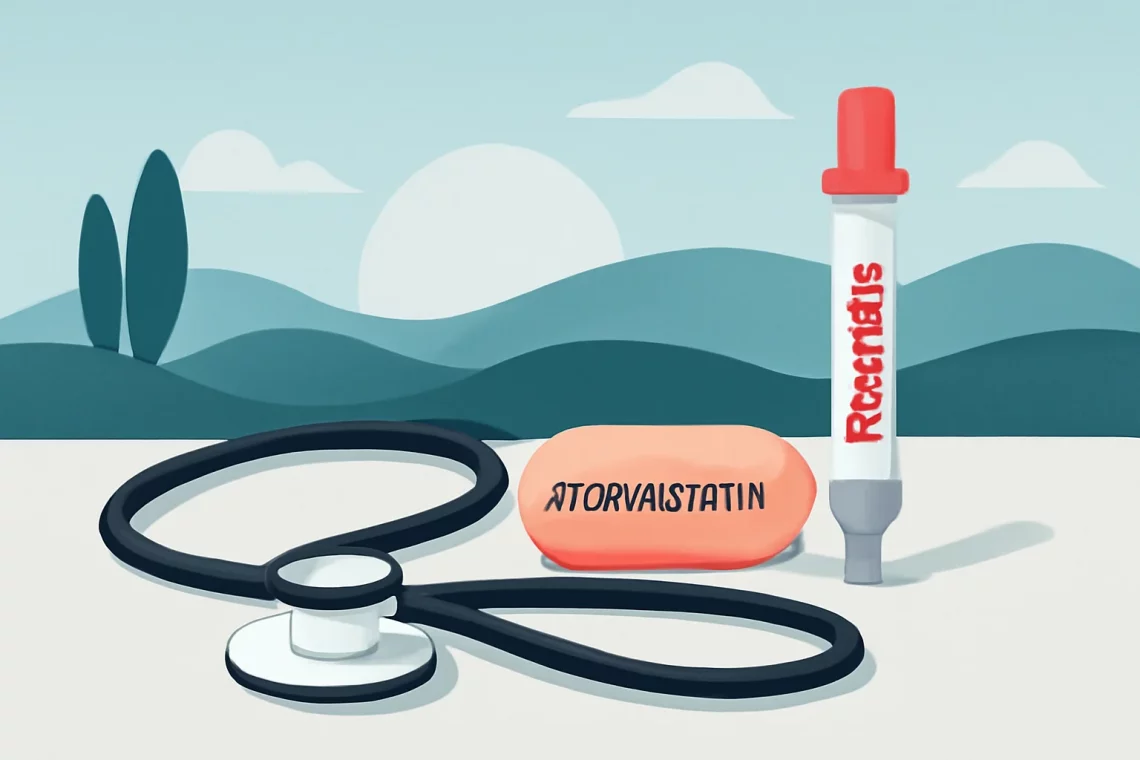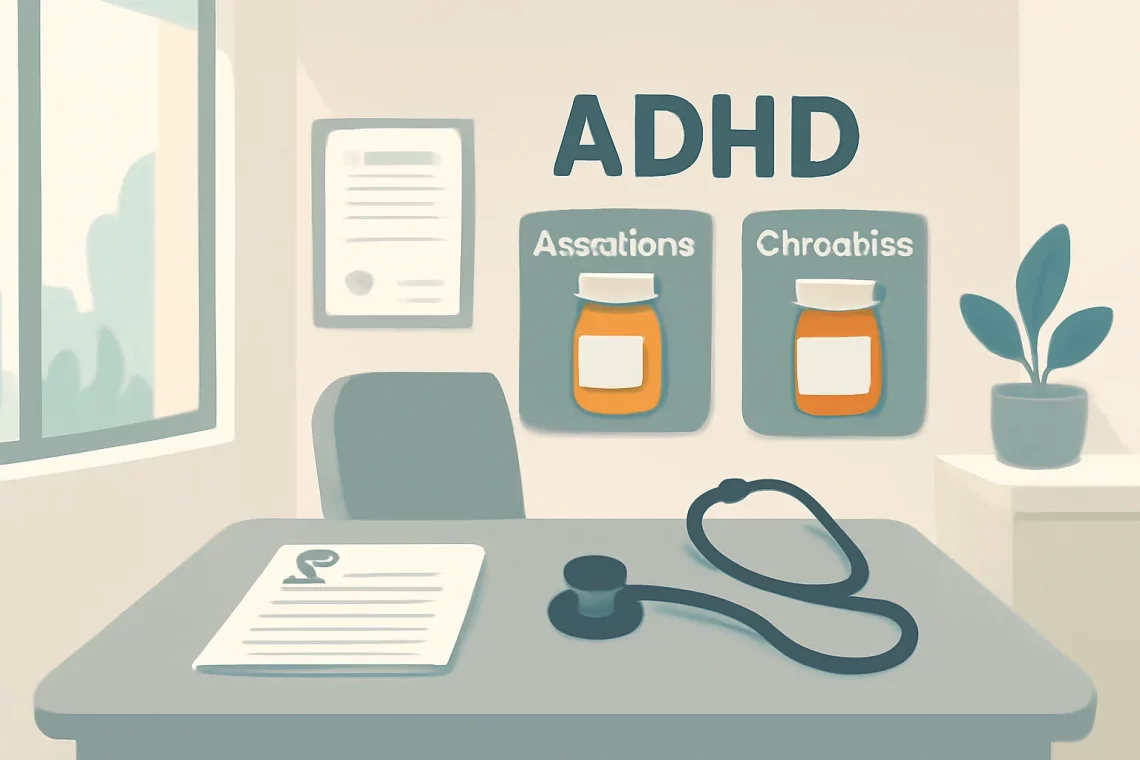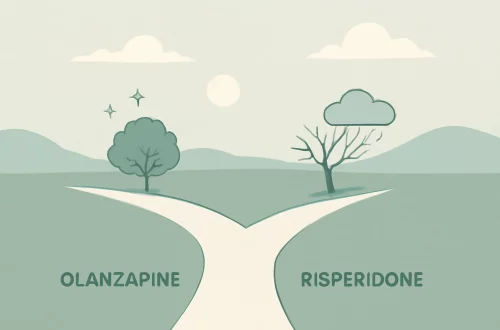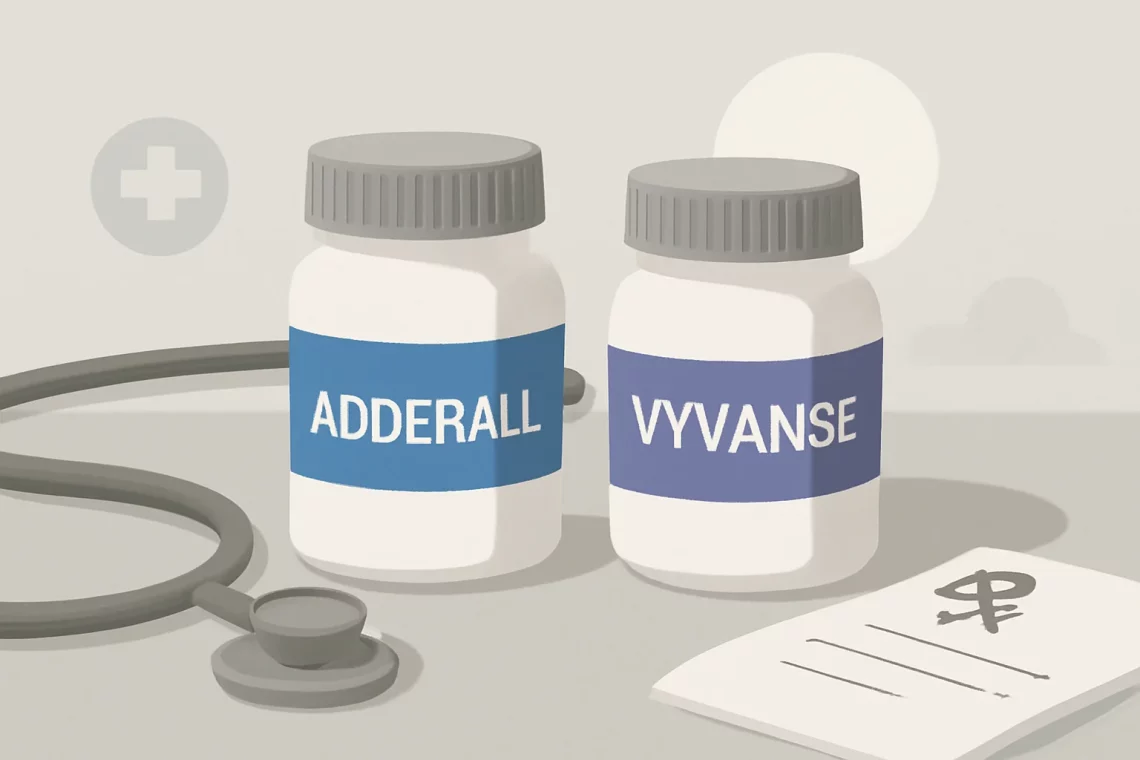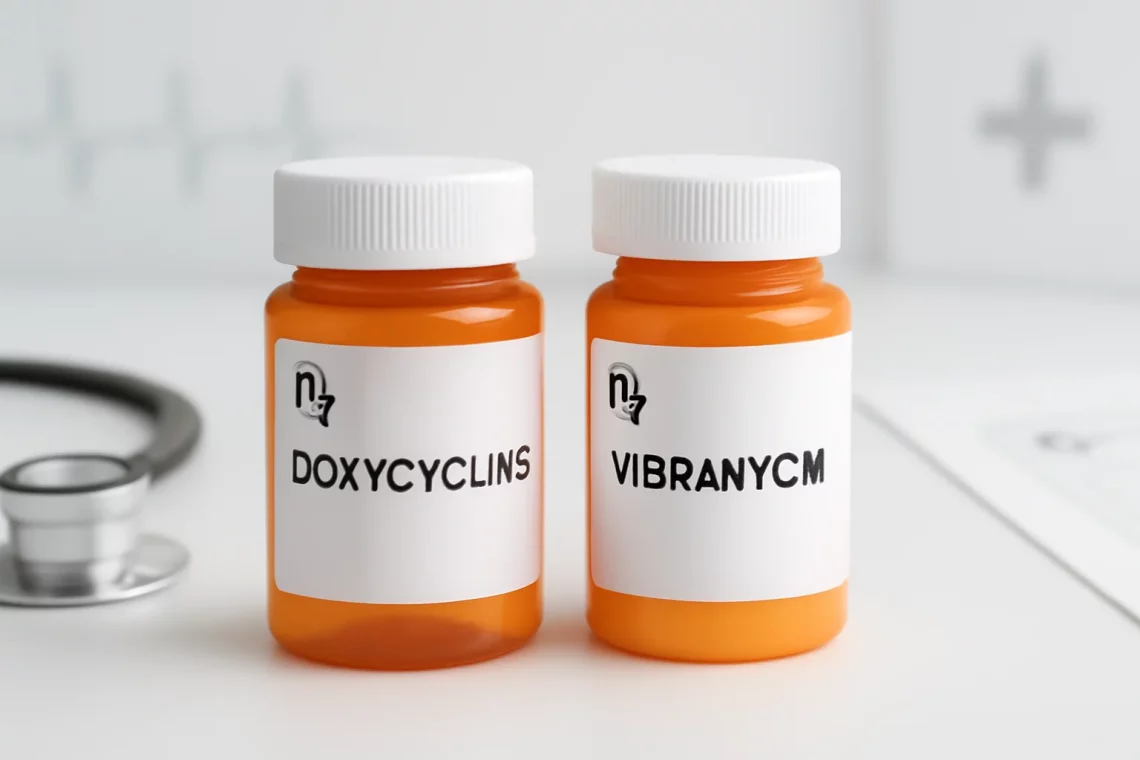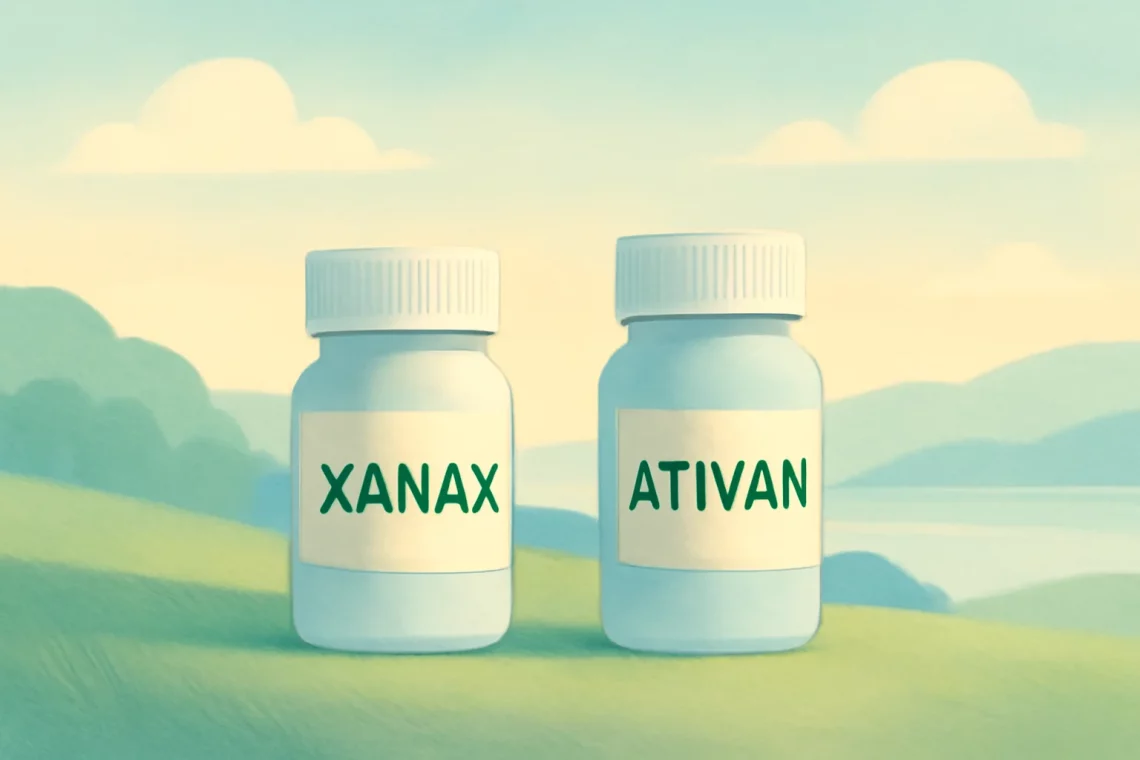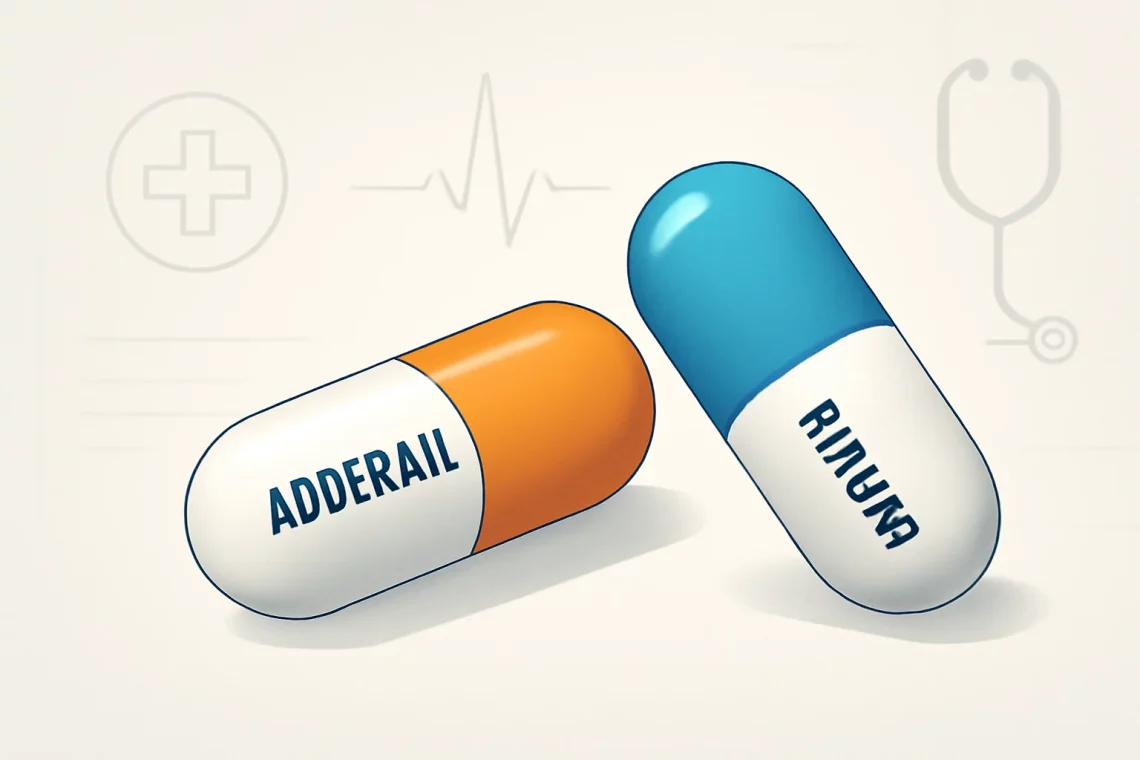-
Xanax vs Buspirone: Understanding the Differences and Uses
Xanax and Buspirone are two medications commonly prescribed for the treatment of anxiety and related disorders. While both drugs aim to alleviate symptoms of anxiety, they function through different mechanisms and are used in varying clinical scenarios. Understanding these differences is crucial for individuals seeking effective treatment options for their anxiety. Xanax, known generically as alprazolam, is a benzodiazepine that works by enhancing the effects of a neurotransmitter called gamma-aminobutyric acid (GABA) in the brain, leading to a calming effect. On the other hand, Buspirone is an anxiolytic that operates through a different pathway, primarily affecting serotonin and dopamine receptors. The choice between Xanax and Buspirone can often confuse patients…
-
Atorvastatin vs Repatha: Which Cholesterol Treatment is Better?
Atorvastatin and Repatha represent two distinct approaches to managing cholesterol levels and reducing cardiovascular risk. As cardiovascular diseases continue to be a leading cause of mortality worldwide, the importance of effective cholesterol management cannot be overstated. Elevated levels of low-density lipoprotein (LDL) cholesterol are a significant risk factor for heart attacks and strokes, prompting the need for medications that can effectively lower these levels. Atorvastatin, a member of the statin family, has been widely used for years as a first-line treatment for high cholesterol. It works by inhibiting an enzyme involved in cholesterol production in the liver, thus reducing LDL cholesterol levels. On the other hand, Repatha, a monoclonal antibody,…
-
Guanfacine vs Clonidine: Choosing the Right Medication for ADHD
Guanfacine and clonidine are both medications that belong to a class known as alpha-2 adrenergic agonists. They are primarily used to treat attention deficit hyperactivity disorder (ADHD) and hypertension, but they have gained attention for their potential benefits in various other conditions. As the medical community continues to explore their pharmacological profiles, patients and healthcare professionals alike seek to understand the nuances of each medication. Both guanfacine and clonidine work by affecting certain receptors in the brain, leading to a decrease in sympathetic nervous system activity. This can result in lowered heart rate and blood pressure, as well as improvements in attention and impulse control. However, despite their similarities, these…
-
Nurtec vs Aimovig: A Comprehensive Comparison of Migraine Treatments
Migraine disorders can significantly impact the quality of life for millions of individuals worldwide. As awareness of these debilitating conditions grows, so does the demand for effective treatments. Among the myriad of options available, Nurtec and Aimovig have emerged as notable contenders in the realm of migraine management. Both medications offer unique mechanisms of action and varying approaches to alleviating migraine symptoms, which can be crucial for patients seeking relief. Understanding the differences between these two treatments is essential for anyone suffering from migraines. Not only do they have distinct properties, but they also come with different dosing regimens, side effects, and potential interactions with other medications. The choice between…
-
Adderall vs Vyvanse Which ADHD Medication Is Right for You
Adderall and Vyvanse are two of the most commonly prescribed medications for Attention Deficit Hyperactivity Disorder (ADHD). Both drugs are stimulants that affect chemicals in the brain and nerves that contribute to hyperactivity and impulse control. However, despite their similar purposes, they have distinct differences in formulation, duration of action, and side effects, making them suitable for different patients depending on their specific needs. Understanding these differences is crucial for individuals diagnosed with ADHD and their families, as it can impact treatment outcomes significantly. As the prevalence of ADHD continues to rise, so does the importance of finding the right medication. Patients often find themselves faced with the decision of…
-
Doxycycline vs Vibramycin: Key Differences and Uses Explained
Doxycycline and Vibramycin are two commonly prescribed antibiotics belonging to the tetracycline class. Both medications are utilized for their effectiveness in treating various bacterial infections, but they also have unique properties and indications that set them apart. Understanding the differences and similarities between these two drugs is crucial for patients and healthcare providers alike. Doxycycline is often favored for its broad-spectrum activity, making it suitable for a wide array of infections, including respiratory tract infections, urinary tract infections, and some sexually transmitted infections. Vibramycin, on the other hand, is essentially a brand name for doxycycline, indicating that it is the same active ingredient but distributed under a different label. This…
-
Xanax vs Ativan: Understanding the Differences and Uses
Xanax and Ativan are both medications commonly prescribed to manage anxiety and other related disorders. They belong to a class of drugs known as benzodiazepines, which are often utilized for their sedative and calming effects. While they may serve similar purposes, these medications differ in their chemical composition, usage, and side effects. Understanding the distinctions between Xanax and Ativan is crucial for patients and healthcare providers alike, as it can impact treatment decisions and overall patient outcomes. As anxiety disorders continue to affect a significant portion of the population, the choice between these two medications can be a pivotal one. In this article, we will explore the fundamental differences and…
-
Adderall vs Vyvanse Which ADHD Medication is Right for You
Adderall and Vyvanse are two of the most commonly prescribed medications for Attention Deficit Hyperactivity Disorder (ADHD). Both drugs are known for their effectiveness in improving focus, attention, and impulse control in individuals diagnosed with ADHD. However, despite their similarities, they possess distinct differences in formulation, mechanism of action, side effects, and overall user experience. Understanding these differences can be crucial for patients, caregivers, and healthcare professionals in making informed decisions regarding treatment options. As the prevalence of ADHD continues to rise, so does the need for effective management strategies. The choice between Adderall and Vyvanse can significantly impact an individual’s quality of life, and it is essential to consider…
-
Qulipta vs Imitrex: Which Migraine Treatment is Right for You?
Migraines are a common neurological condition that can significantly impact an individual’s quality of life. With symptoms ranging from severe headaches to nausea and sensitivity to light, finding effective treatment options is crucial for those who suffer from this debilitating condition. The landscape of migraine medications has evolved over the years, with new treatments emerging to provide relief to patients. Among these treatments, Qulipta and Imitrex have gained popularity as effective options for managing migraine attacks. Each medication offers unique mechanisms of action, dosages, and potential side effects, making it essential for patients and healthcare providers to understand their differences and similarities. As the search for the right migraine treatment…
-
Adderall vs Ritalin: Key Differences and Choosing the Right Medication
Adderall and Ritalin are two of the most commonly prescribed medications for the treatment of attention deficit hyperactivity disorder (ADHD). Both drugs are stimulants that affect neurotransmitters in the brain, leading to improved focus, attention, and impulse control in individuals with ADHD. However, despite their similar purposes, these medications have different active ingredients, mechanisms of action, and potential side effects. Understanding the distinctions between Adderall and Ritalin is crucial for patients, caregivers, and healthcare professionals alike. The landscape of ADHD treatment can be complex, making it essential for individuals to be well-informed about the options available to them. As awareness of ADHD continues to grow, so does the conversation surrounding…


